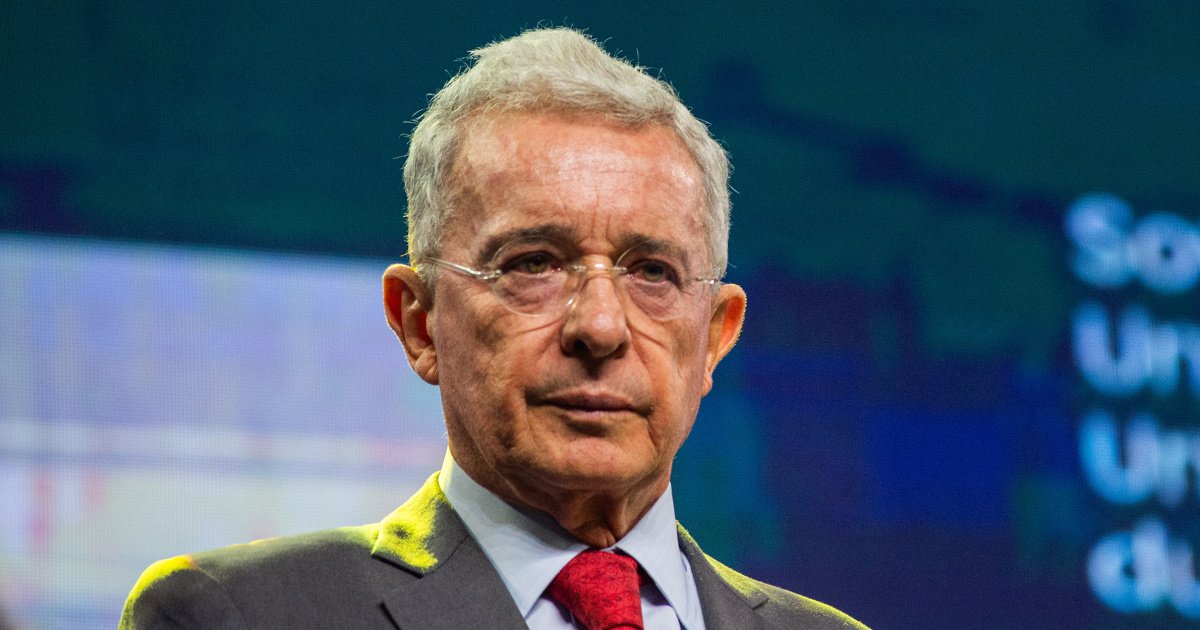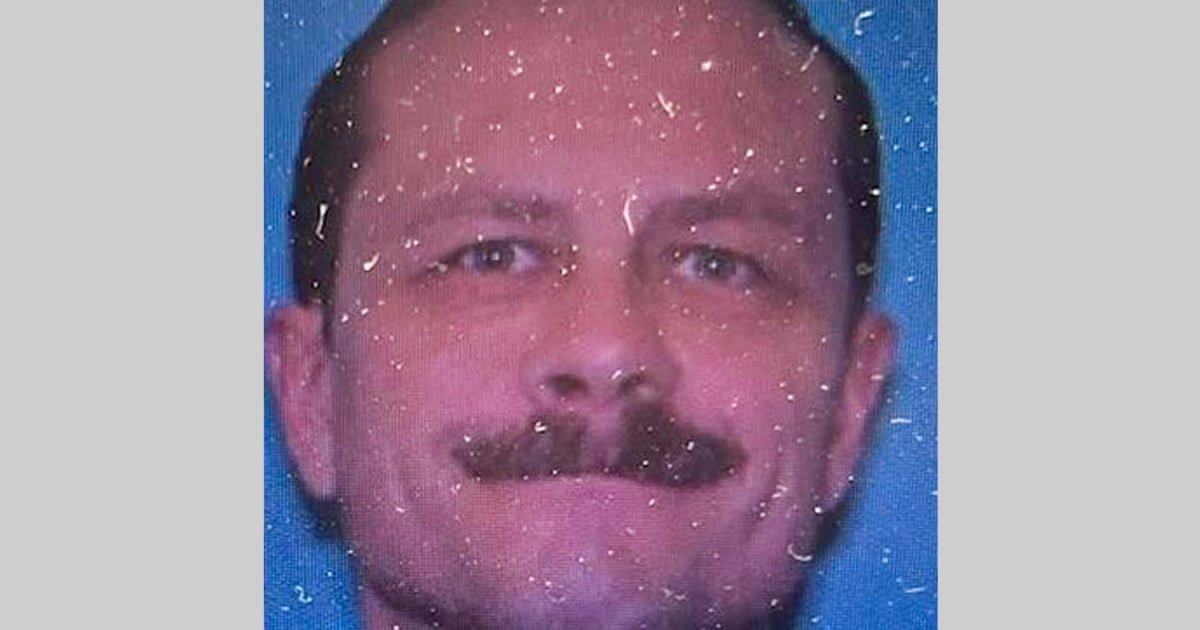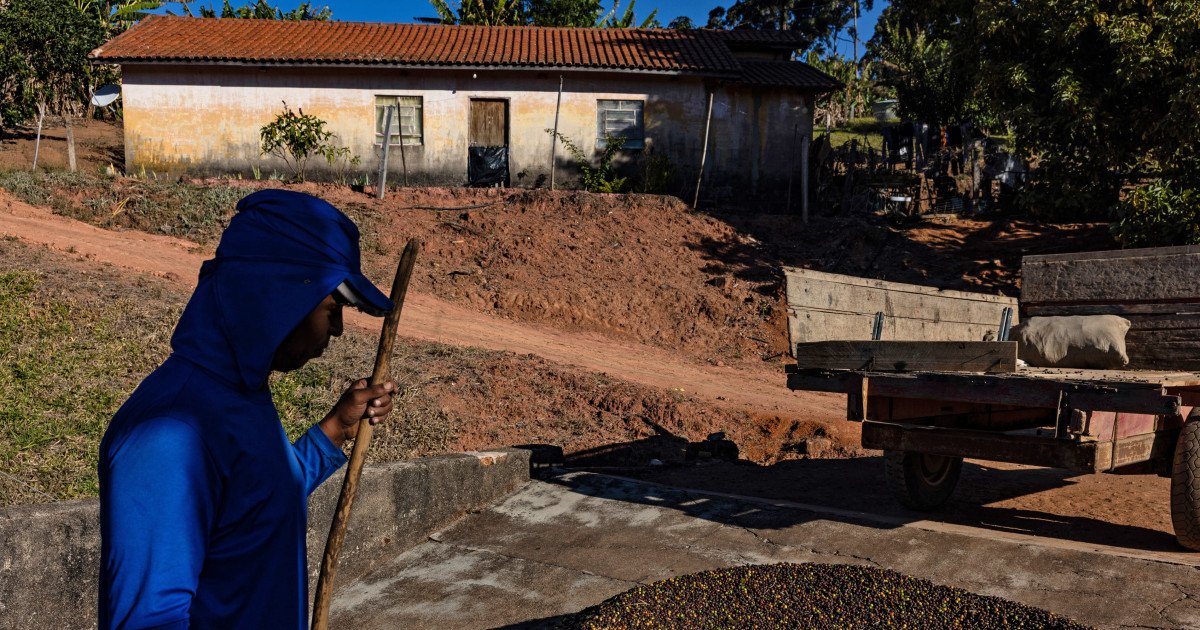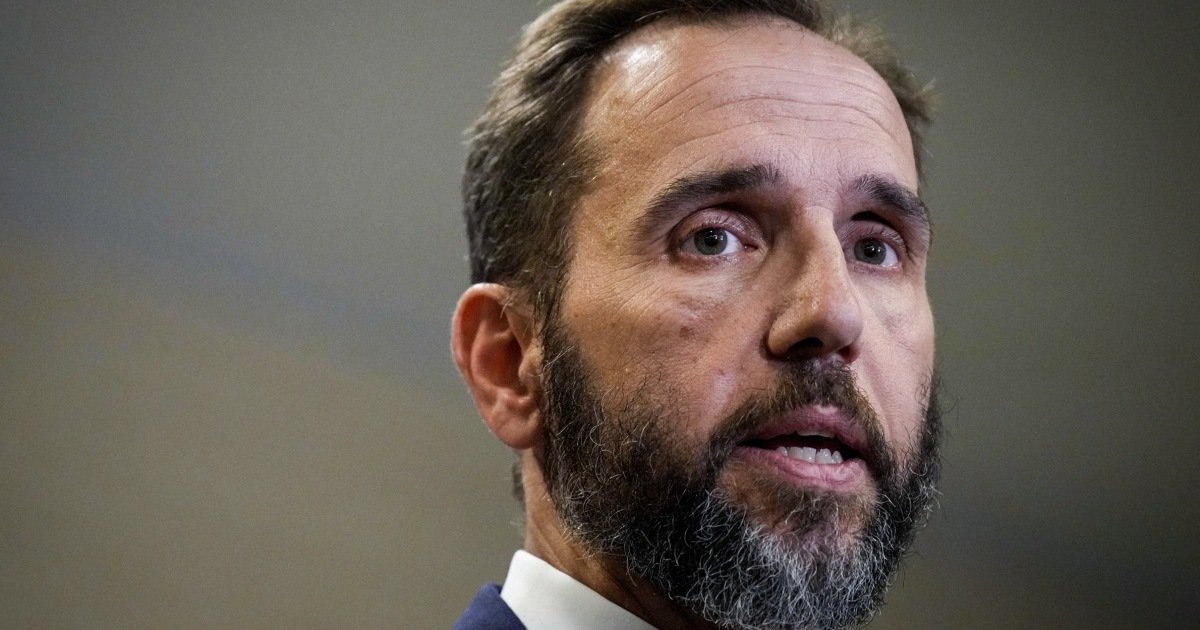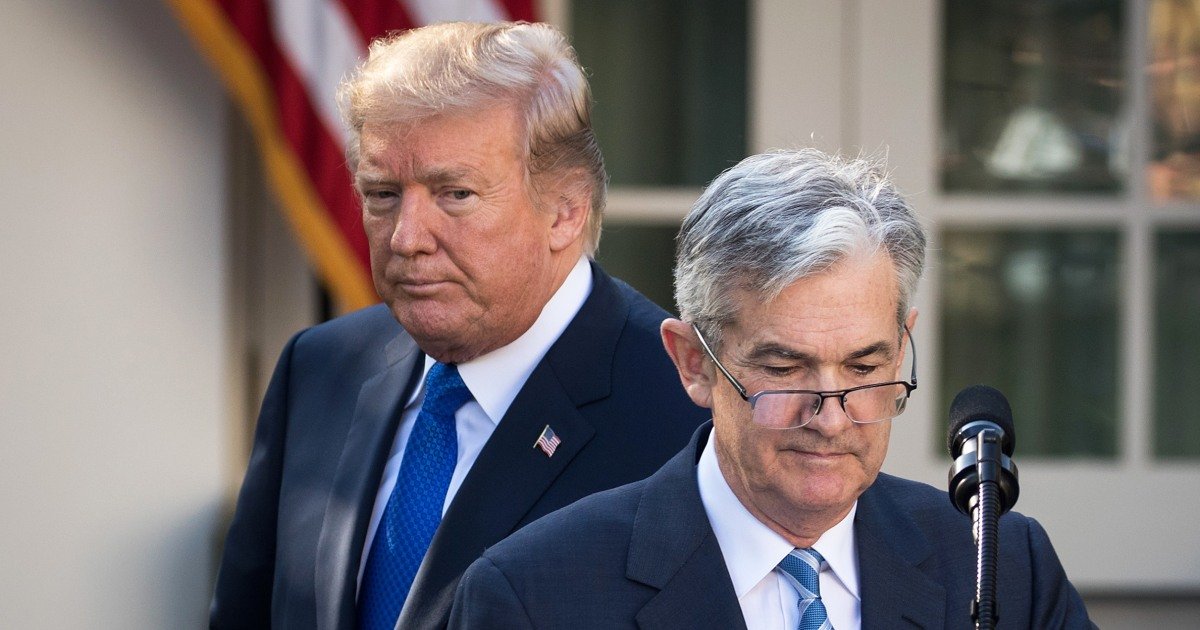Bogota, Colombia – Former Colombian President Álvaro Uribe was sentenced on Friday to 12 years of house arrest by manipulation of witnesses and bribes in a historical case that seized the South American nation and tarnished the legacy of the strong conservative.
The sentence, which Uribe said that he will be appealed, followed a trial of almost six months in which prosecutors presented evidence that he tried to influence the witnesses who accused the leader of the law and the order of having links with a paramilitary group in the 1990s.
“The policy prevailed over the law in the sentence,” Uribe said after Friday’s hearing.
Uribe, 73, has denied having acted badly. He faced up to 12 years in prison after being sentenced on Monday.
His lawyer had asked the court to allow Uribe to remain free while the verdict appeals. Judge Sandra Heredia said Friday that she did not grant the defense application because it would be “easy” for the former president to abandon the country “to evade the sanction imposed.”
Heredia also prohibited Uribe occupying a public office for eight years and fined it with about $ 776,000.
Before Friday’s judgment, Uribe published in X that he was preparing arguments to support his appeal. He added that one must “think much more about the solution than the problem” during personal crises.
The Court of Appeals will have until the beginning of October to issue a ruling, that any of the parties could challenge before the Supreme Court of Colombia.
The former president ruled from 2002 to 2010 with strong support from the United States. It is a polarizing figure in Colombia, where many attribute it to save the country to become a failed state, while others associate it with human rights violations and the emergence of paramilitary groups in the 1990s.
Heredia said Monday that he had seen sufficient evidence to determine that Uribe conspired with a lawyer to convince three former members of the paramilitary group, who were in prison, to the changing testimony they had provided to Ivan Cepeda, a leftist senator who had launched an investigation into the alleged ties of Uribe with a paramilitary group.
Uribe in 2012 filed a claim for defamation against Cepeda in the Supreme Court. But in a turn, the Superior Court in 2018 dismissed the accusations against Cepeda and began investigating Uribe.
Martha Peñuela Rosales, a supporter of the Uribe party in the capital, Bogotá, said he cried and prayed after learning about the sentence. “It’s an unfair prayer. He deserves to be free,” he said.
Meanwhile, Sergio Andrés Parra, who protested against Uribe outside the court, said that the 12 -year sentence “is enough” and, even if the former president appeals, “the story has already condemned it.”
During the Presidency of Uribe, the Colombian Army obtained some of its greatest victories on the battlefield against the oldest leftist insurgency in Latin America, pushing the revolutionary armed forces of Colombia to remote pockets and forcing the group’s leadership to the peace conversations that led to the disarmament of more than 13,000 fighters in 2016.




